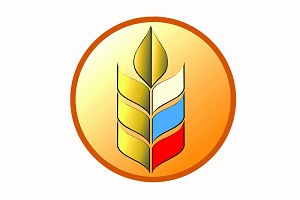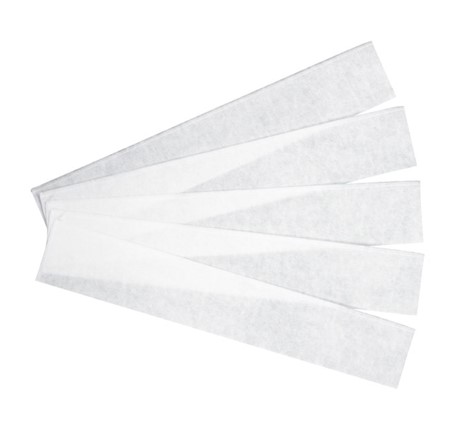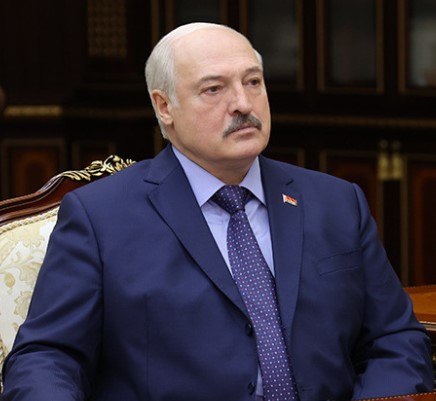Russia is facing a shortage of meat and poultry

Domestic MEAT may gradually disappear from Russian shelves. There is a real crisis in the livestock industry. Feed is sorely lacking, and producers have already started talking about a possible reduction in livestock.
“One granule contains all the necessary energy, trace elements. All nutrients are balanced here,” said a plant employee.
Today, this handful is almost worth its weight in gold. Russian animal food producers are experiencing an acute shortage of raw materials. The supply of the main element of compound feed - amino acids and vitamins - to RUSSIA has almost ceased.
“Someone has three days left, and he asks there, I have this. Someone turns to me: Genrikhovich, let me intercept. There is not enough of it, there is not enough of it somewhere, people are worried,” said Vasily Friesen, CEO of Megamix.
Meat producers have the most sour mood: the quality of the feed directly determines how much pork, beef and poultry will hit the country's shelves. If the indicators collapse, prices will skyrocket.
“We have had cases where there were hours left before the shutdown of certain feed mills. Today, companies buy from each other, well, at least some amount of the same choline chloride, so long as the food is complete. Yes, we can feed animals without these elements, after all, in the USSR in some years we fed our blue chicken like that, but then we will get a completely different product, ”said Sergey Yushin, HEAD of the executive committee of the national meat association.
The use of amino acids and vitamins in the world animal husbandry began half a century ago, and then it made a real revolution. Livestock maintenance costs have decreased, and the productivity of individuals has increased by an order of magnitude.
Here it is - the very substance that has now become almost the main currency for Russian livestock breeders: the amino acid lysine in the composition of animal feed increases the weight gain of meat, MILK yield and even egg production of birds.
The reasons for the global "avitaminosis" are called the global failure in container transportation and the general decline in production in CHINA - it is from China that Russia imports the lion's share of dietary supplements.
The industry, according to experts, will feel the consequences of the shortage soon.
“The productivity of chickens will decrease from five to ten percent, respectively, it is possible that prices will increase by five to ten percent. Now, before the New Year, new contracts for the next 22nd year are being considered, so this is a convenient reason to force retail chains to revise purchase prices,” said Pavel Shapkin, chairman of the National Union for the Protection of Consumer Rights.
In Russia itself, only two substances are produced from a whole line of amino acids. And even then in volumes that do not cover the annual need. Meat and poultry producers have already pecked at the Ministry of Agriculture with requests to subsidize this industry so that the country jumps off vitamin addiction.
The Russian Ministry of Agriculture urges farmers not to sow panic:
“In order to prevent the growth of feed prices in 2021, a “floating” EXPORT duty was introduced on the main grain crops, as well as a duty on the export of soybeans. In addition, livestock breeders have access to preferential “short” loans for the purchase of grain, meals, premixes, vitamins and amino acids, as well as preferential investment loans for the construction, reconstruction and modernization of livestock facilities.”
Feed manufacturers are forced to urgently look for alternative suppliers of amino acids. But even if successful, ordering will take at least two months. During this time, according to the most pessimistic forecasts, some farmers will have to put part of the livestock under the knife. So, to avoid the increase in meat prices still will not work.
Read together with it:
- Парагвай: Экспорт субпродуктов является растущей отраслью и уже достиг 95,4 млн долларов СШАЭкспорт говяжьих субпродуктов в этом году значительно вырос. К концу августа выручка составила 95,4 млн долларов США по сравнению с 54,6 млн долларов США на тот же конец прошлого года. По данным SENACSA, в конце августа этого года было экспортировано 51 миллион килограммов мяса по сравнению с 33,7 миллиона килограммов на конец того же месяца прошлого года. Экспорт субпродуктов увеличился на 51,3%....
- Новые горизонты сотрудничества: Россия и Аргентина обсуждают совместный доступ на рынки продукции животного происхожденияОдной из ключевых тем конференции стал контроль за производством ветеринарных препаратов в Аргентине. Аргентинская сторона представила свою систему контроля, включающую Управление ветеринарных продуктов и Управление лабораторий животных. Эти организации обеспечивают высокие стандарты безопасности, так как каждая производственная единица подвергается проверкам каждые 3-5 лет и зарегистрирована в ин...
- С января по июль экспорт свинины из ЕС вырос на 1,6%На втором месте оказались Нидерланды с объёмом экспорта в 392 000 тонн. Дания экспортировала свинину в третьи страны с объёмом в 308 000 тонн, что примерно на 13% меньше, чем в предыдущем году. Германия экспортировала 180 000 тонн, что на 18% меньше, чем годом ранее. Это было обусловлено, главным образом, дополнительными ограничениями на экспорт, вызванными вспышкой ящура в начале года. Помимо зап...
- Московская область планирует нарастить мясное производство на 25% к 2030 годуВ Московской области более 100 предприятий уже выпускают около 305,000 тонн мяса, из которых значительная доля поступает от 19 ведущих производителей свинины и мяса птицы. Также в регионе реализуются два новых инвестиционных проекта: в Можайске строится утиная ферма на 125,000 птиц, а в Ступино — овцеводческое хозяйство на 11......
- В Кремле пообещали ответ на санкции сообразно интересам РоссииДмитрий Песков В Кремле начали анализировать введенные санкции для разработки ответных мер, заявил пресс-секретарь президента России Дмитрий Песков, передает корреспондент РБК. «В настоящий момент анализируются те санкции, которые определены. Будем делать то, что наилучшим образом соответствует нашим интересам», — сообщил Песков, отвечая на вопрос об ответных мерах России. 19-й пакет санкции Еврос...
- Zakharova promised "tough steps" in response to the 19th EU sanctions package.Maria Zakharova RUSSIA will respond harshly to the latest round of EU sanctions, Russian Foreign Ministry spokesperson Maria Zakharova stated on TELEGRAM . The EU previously adopted the 19th package of anti-Russian sanctions, which included a ban on the import of Russian LNG, new restrictions on oil companies, ships, banks, and the EXPORT of certain goods, as well as restrictions on the movement o...





























































